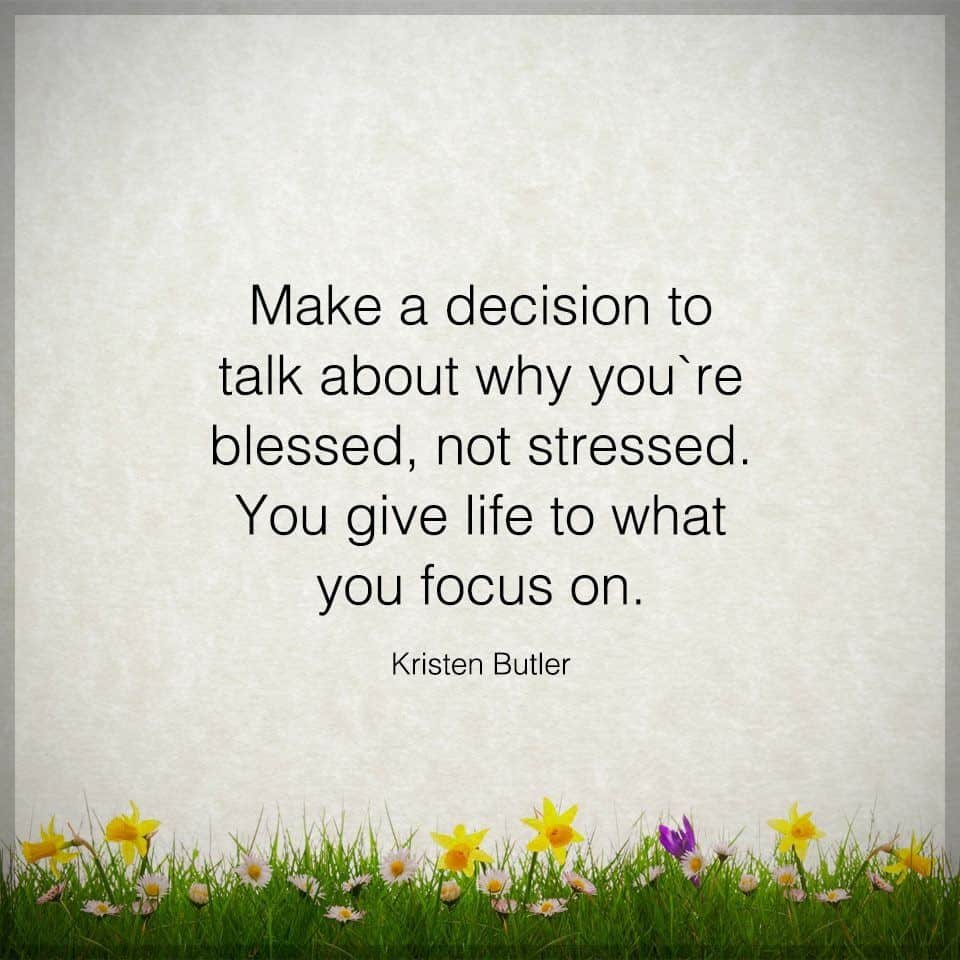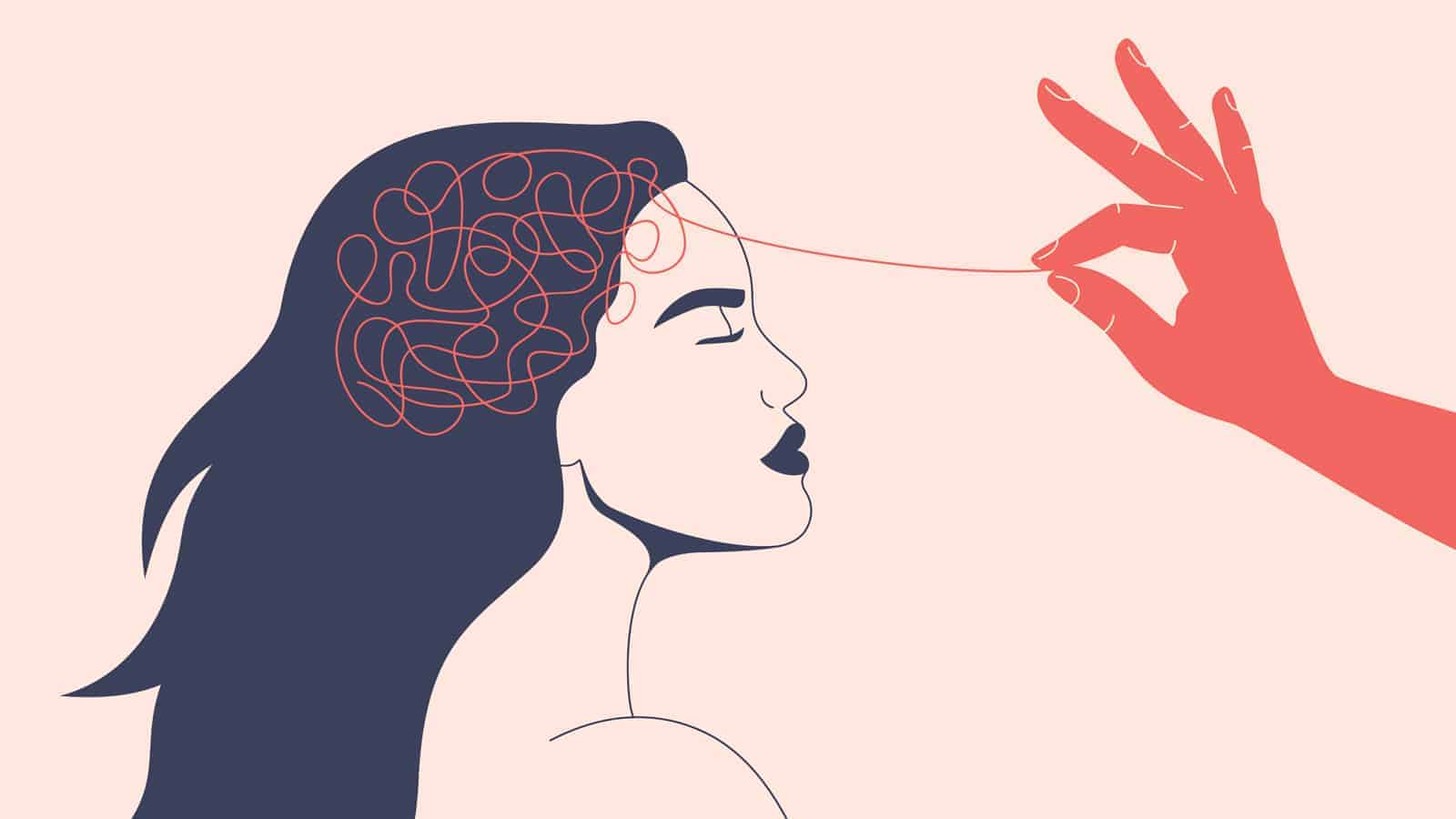Do you find that you often forget things? Do you have trouble concentrating, leading to even more forgetfulness? Are your memory lapses and drops in attention affected your work and performance? People forget. That’s typical. Today we explore why this occurs and how to improve your memory.
Luckily, the ways to help both issues may lie in the same roots! To overcome these problems, you need to understand where this lack of memory arises from and how being more focused can aid you in the long run. Here are 7 common reasons why people forget and 4 ways to boost your concentration.
Seven Common Reasons Why People Forget
1. Stress Makes People Forget
Stress is a form of distraction for the brain. It makes it difficult for information to be memorized, as your brain is too busy focusing on managing heightened tension. Stress can trigger a fight-or-flight reaction, and over a prolonged stretch of time, this constant “panic mode” can make people forget.
Here are some factors contributing to stress and its ensuing lack of positive thinking that you may not realize are worsening forgetfulness:
- Multitasking or juggling multiple responsibilities
- Managing bills and financial concerns
- Staying up late or staying back at the office to finish work
- Having a hectic schedule
- Not taking care of your health.
2. A Lack of Vitamin B12
Vitamin B12 is an essential vitamin for the brain. Typically found in milk, meat, eggs, and poultry, it helps maintain the nervous system and overall cognitive function. As you grow older, you’re likely to experience changes that deplete B12 more quickly, and this can contribute to difficulty storing memories.
A deficiency in B12, when not corrected, and result in:
- Poor memory
- Brain shrinkage
- Apathy
- Depression
- Poor judgment
But when enough B12 is taken, research has found that it can contribute to slower cognitive decline.
3. Disuse
Memories fade with time, and a lot of newly learned pieces of information will quickly fade away if they aren’t reviewed, revisited, or called back to mind often enough. The good news is that you can relearn things you’ve forgotten, even if you haven’t used these memories for years.
On top of that, many of our “forgotten” bits of knowledge continue to influence us subconsciously. Nothing your brain learns is ever truly “removed” from your memory until cognitive decline comes into play, so you can take advantage of that while you’re still able to!
4. Exhaustion Makes People Forget
Being fatigued is a prime reason for poor memory. When you’re tired, your brain has to dedicate its energy, attention, and focus on helping you perform basic daily tasks that you usually don’t need to put this much effort into. It doesn’t have space or capacity also to try to remember or recall things.
Even getting eight or more hours of sleep doesn’t necessarily mean you won’t be exhausted. Poor sleep quality and disturbed deep sleep cycles mean you don’t get as much restorative snooze time as you need, leaving you tired even after a lot of time spent in bed. A power nap can help in this regard, as just 6 minutes of nap time can help give you a tiny bit of an edge.
This is even worse for those with chronic fatigue, as brain fog and memory lapses are widespread. For people with the condition that increases exhaustion and tiredness throughout the day, a doctor’s advice may be necessary to overcome forgetfulness.
5. Depression
Depression means you’re in a bad mental space. It’s difficult to focus when you can’t get out of your own head or are stuck in a metaphorical pit. Multiple studies over the years have found that depression and depressive thoughts can reduce memory, especially short-term working memory.
But why does this happen? As it turns out, depression might be capable of reshaping certain areas of the brain, often changing the function and size of different brain regions. Many of the commonly affected parts are areas dedicated to problem-solving, thinking speed, concentration, and, of course, memory.
6. Understanding
When experiencing an event, the brain’s first and foremost goal is to understand it, not to remember it. It seeks to appreciate, comprehend, and empathize, with memory being second place. After all, the brain naturally stores all the events you go through in subconscious memory form, so it’s automatically performing the memorization task – just not in a very accessible way to you.
Think, for example, of a leisurely activity. When you read a book, the brain isn’t going to try and remember every single sentence verbatim. It will seek to understand what it reads, so it has the comprehension needed to retain the necessary ideas and concepts to continue the book. Or, when you go to watch a football game, you’re not focused on memorizing every last detail but on enjoying yourself.
Forgetting something can often mean you were focused on experiencing it, which your brain is wont to do. If you want to commit something to full memory, you have to intentionally engage a more effective part of the brain.
7. Selective Memory
The brain naturally retains only selective information. To remember what it deems important, the brain willingly forgets multiple bits of unimportant information, either discarding them or pushing them to the subconscious where you won’t be able to get to it easily.
This isn’t a flaw – it’s the only way most human brains can hold onto correct and necessary information. If you don’t tell yourself that certain information is crucial, the brain may decide it isn’t and toss it out. That’s why intentional awareness to commit things to memory can be important for positive long-term retention!
Ways To Boost Concentration
 1. Sleep More and Better
1. Sleep More and Better
Not getting enough sleep – or not getting good quality sleep – can lead to decreased cognitive performance, memory, and concentration. There’s little wrong with getting a little less sleep on occasion, but for the most part, you should aim for between 7 and 9 hours of sleep nightly, with similar sleep and wake times every day.
Have trouble getting to sleep? Try:
- Maintaining a cool temperature in your bedroom.
- Exercising during the day (but not too close to bedtime)
- Putting away screens and lights close to bedtime
- Winding down every night with something relaxing, like a warm bath, gentle music, a book, or some aromatherapy
2. Be Around Nature
Natural surroundings can help boost the brain’s ability to learn, concentrate, and be productive and efficient. If your environment has a good amount of greenery in it, you:
- Are less likely to make mistakes or errors
- Can complete tasks at a quicker and more efficient rate
- Have better positive thinking in your tasks
- Will be distracted less easily
- Experience emotional, cognitive, and physical benefits
To incorporate nature into your life, you can:
- Decorate your home or workspace with potted plants
- Devote some time to maintaining a garden
- Go for walks in nature every day
- Eat outdoors in a park or similarly green area
3. Listen To Music
Music can boost overall concentration, allowing the brain to use its extra energy to absorb the audio input, thus preventing further distractions. However, you must be careful to choose music that you have neutral feelings about, as the music you hate or love can make people forget by losing focus. Here are some options for music to listen to:
· Classical Music
Studies mostly agree that baroque era classical music has the most positive effects on concentration.
· Instrumental Electronic Music
Played at a low volume or as “background noise,” electronic music without lyrics is great for those who dislike classical fare.
· Ambient Music
This kind of music is relaxing and sets a stress-free mood that lends itself to better concentration. Just keep it at a low volume, without vocals.
4. Take Regular Breaks
If your schedule is always packed, you never get the chance to rest and recharge. You don’t get to regain positive thinking after the stress of your day, and you don’t get to clear your head. This means you’ll be less capable of absorbing new information or remaining focused on tasks, eventually leading to burnout.
Here are some science-backed breaks that you need to be regularly taking if you want to keep your cognitive function and concentration at their best:
· Breaks From Phone Notifications
The age of smartphones means constant, non-stop notifications. Whether you hear the vibration alerts, alarms, ringtones, and message tones, or even just the lighting up of your screen, you’re sure to be distracted by it. As a matter of fact, seeing or being aware of notifications is just as detrimental to focus as using the phone directly, says research! This is because the brain doesn’t have a huge capacity for performance on tasks, and splitting attention is unhelpful for productivity.
· Breaks From Social Media
In moderation, checking social media in your free time is fine. But during work hours, it can be terrible for your concentration! This kind of usage can distract you and lead to downsides in performance, eventually negatively affecting mental health and positive thinking.
· Breaks From Emails
Reading emails constantly has been found in studies to lead to double the screen-switching and a perpetual state of high-alert during the workday, with increased and constant heart rate. A break of five days was needed for the heart to return to its initial variable and healthy rate. Email vacations are, therefore, necessary for concentration and mental health.
· Breaks From Work
No one’s brain can survive non-stop work, no matter what. A mid-morning break during work hours can actually lead to improved concentration and focus overall. Spending a dedicated and strictly set amount of time on something you enjoy as a break from your tasks may allow you to concentrate more when it’s time to get back to business, say studies. This can lead to better energy levels, physical and mental health, focus, and more!
 Final Thoughts On Some Reasons Why People Forget And Ways To Boost Concentration
Final Thoughts On Some Reasons Why People Forget And Ways To Boost Concentration
Forgetfulness is a part of life. Very few people can live through their days while retaining every bit of information they see or hear. The trick is to know what to focus on remembering and improve your concentration to retain that information better. It can be a delicate balance, but when you strike it, you’ll be able to focus on remembering what matters, when it matters, in the most positive way.


















